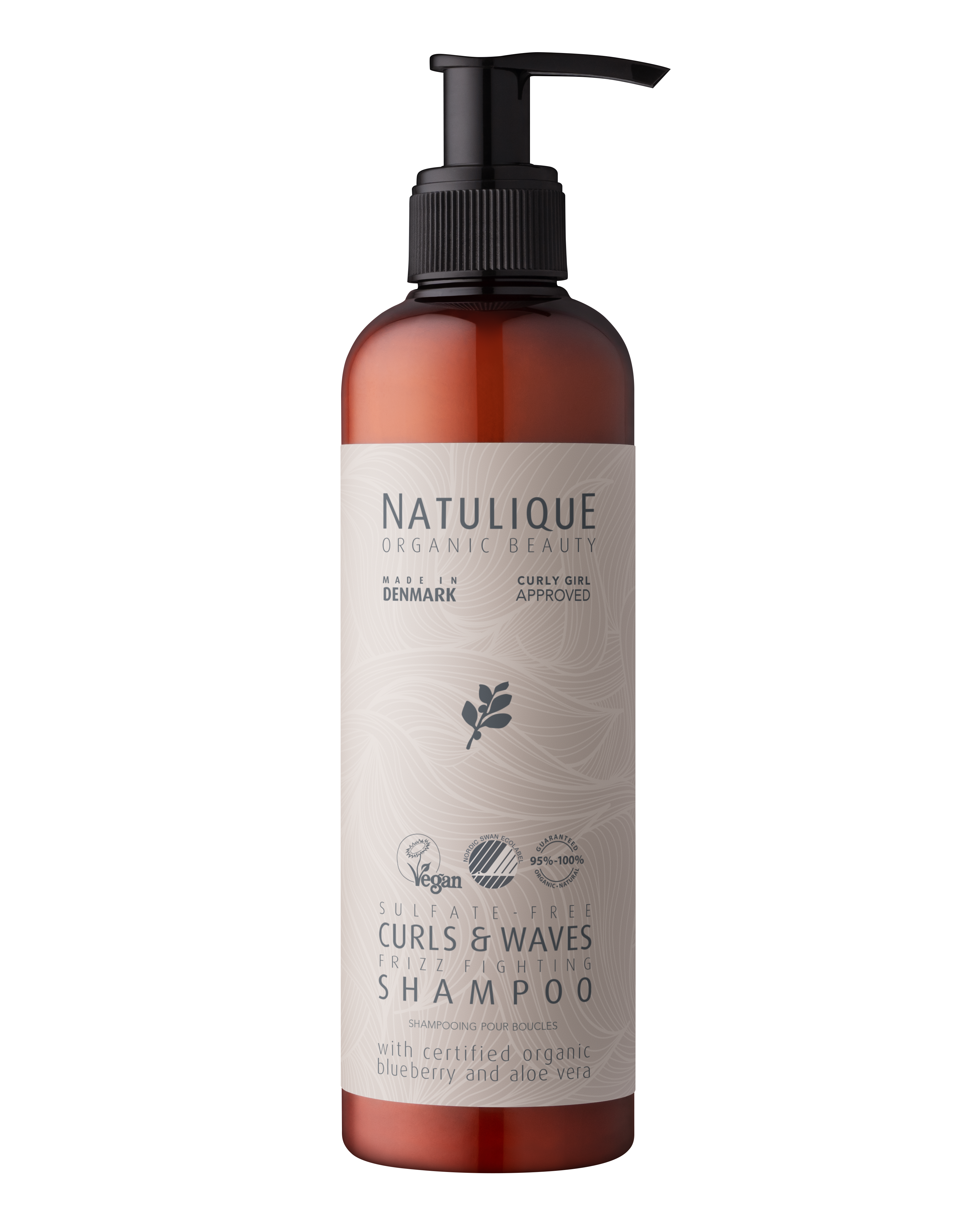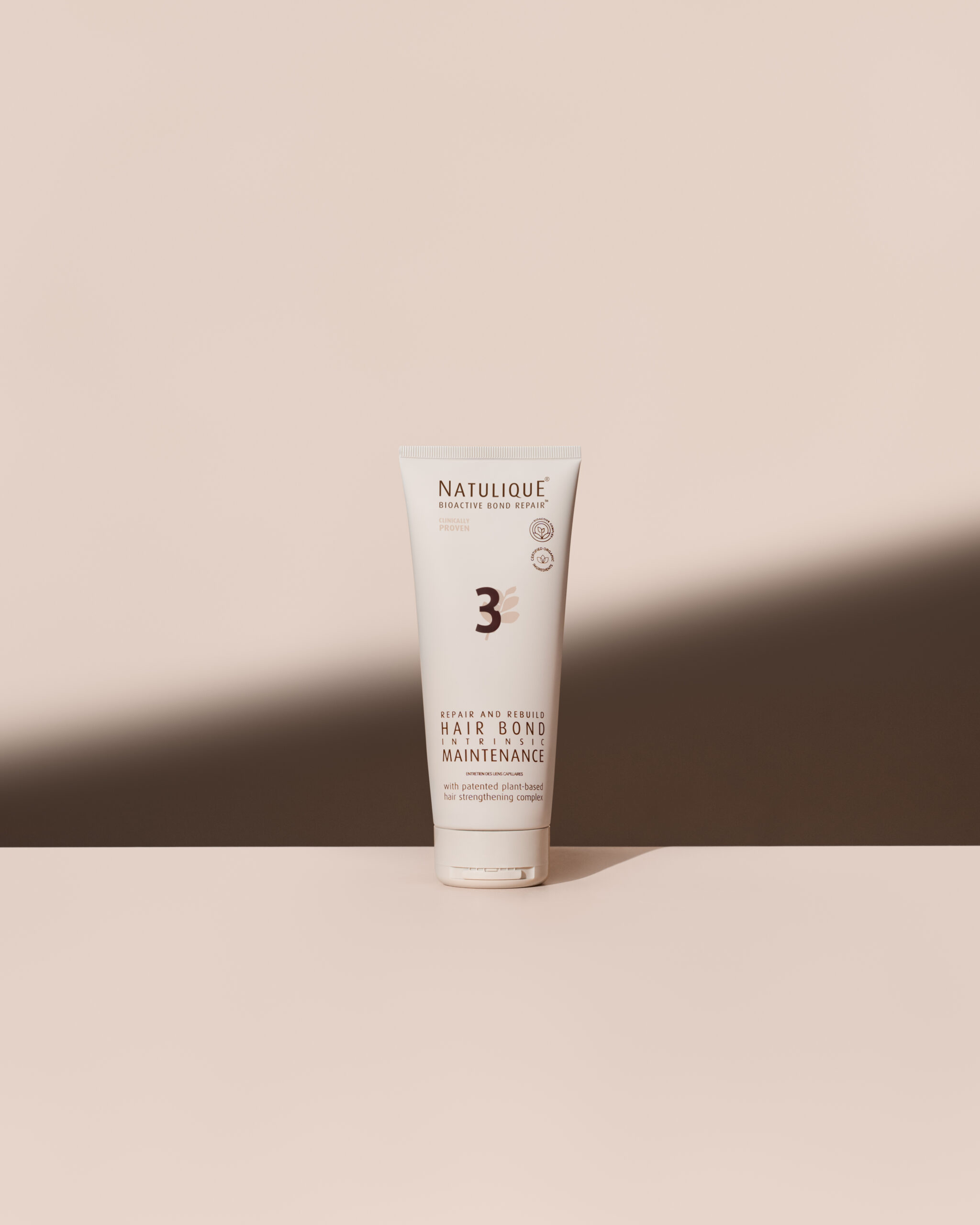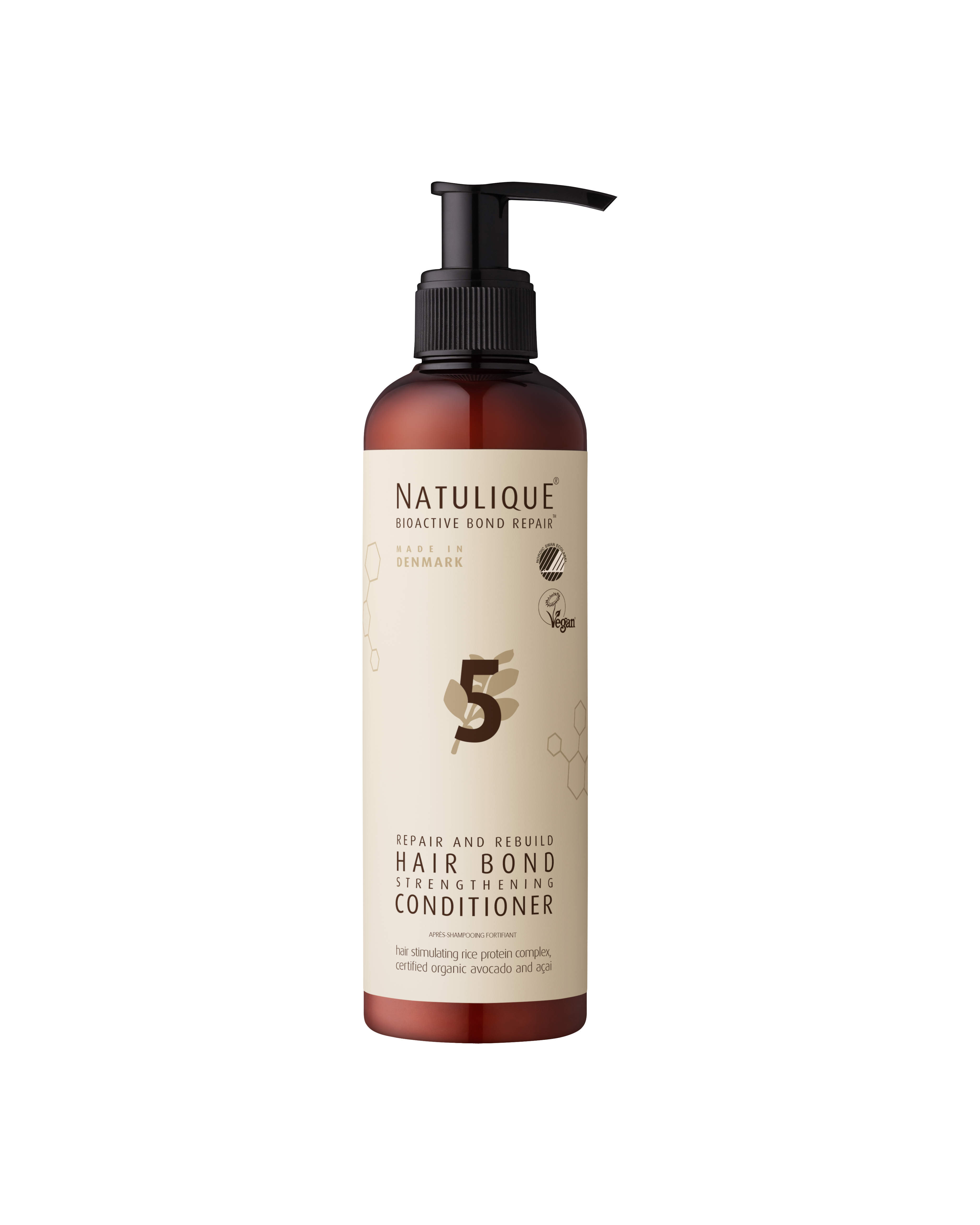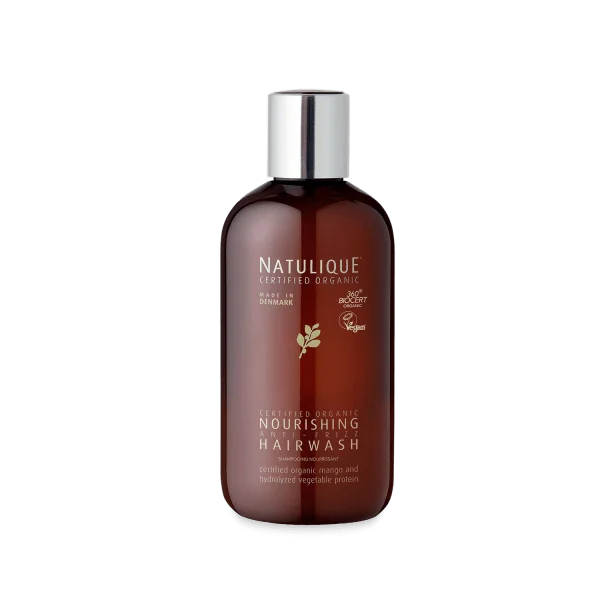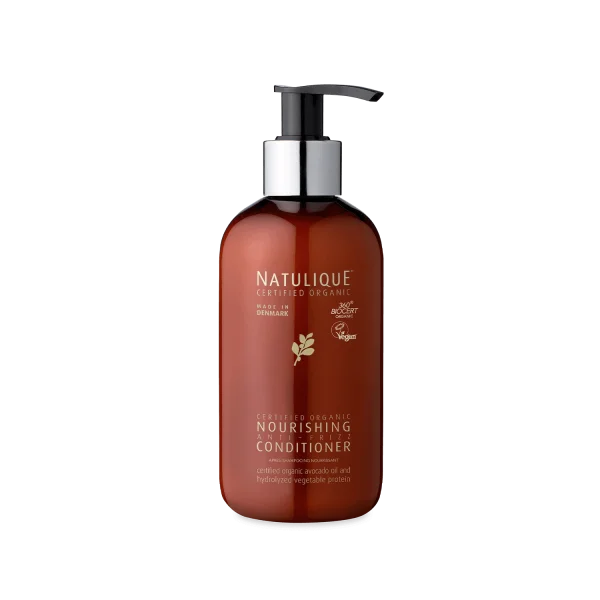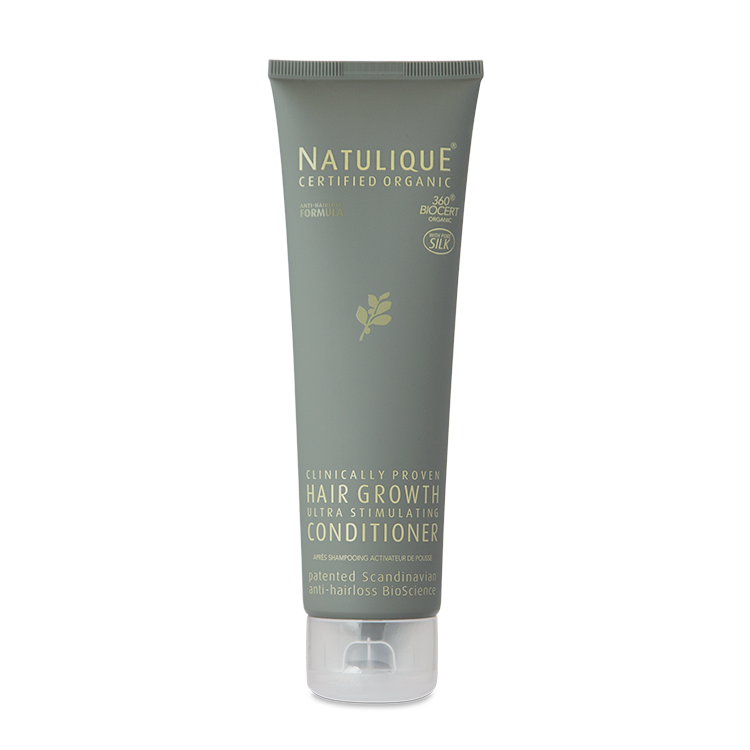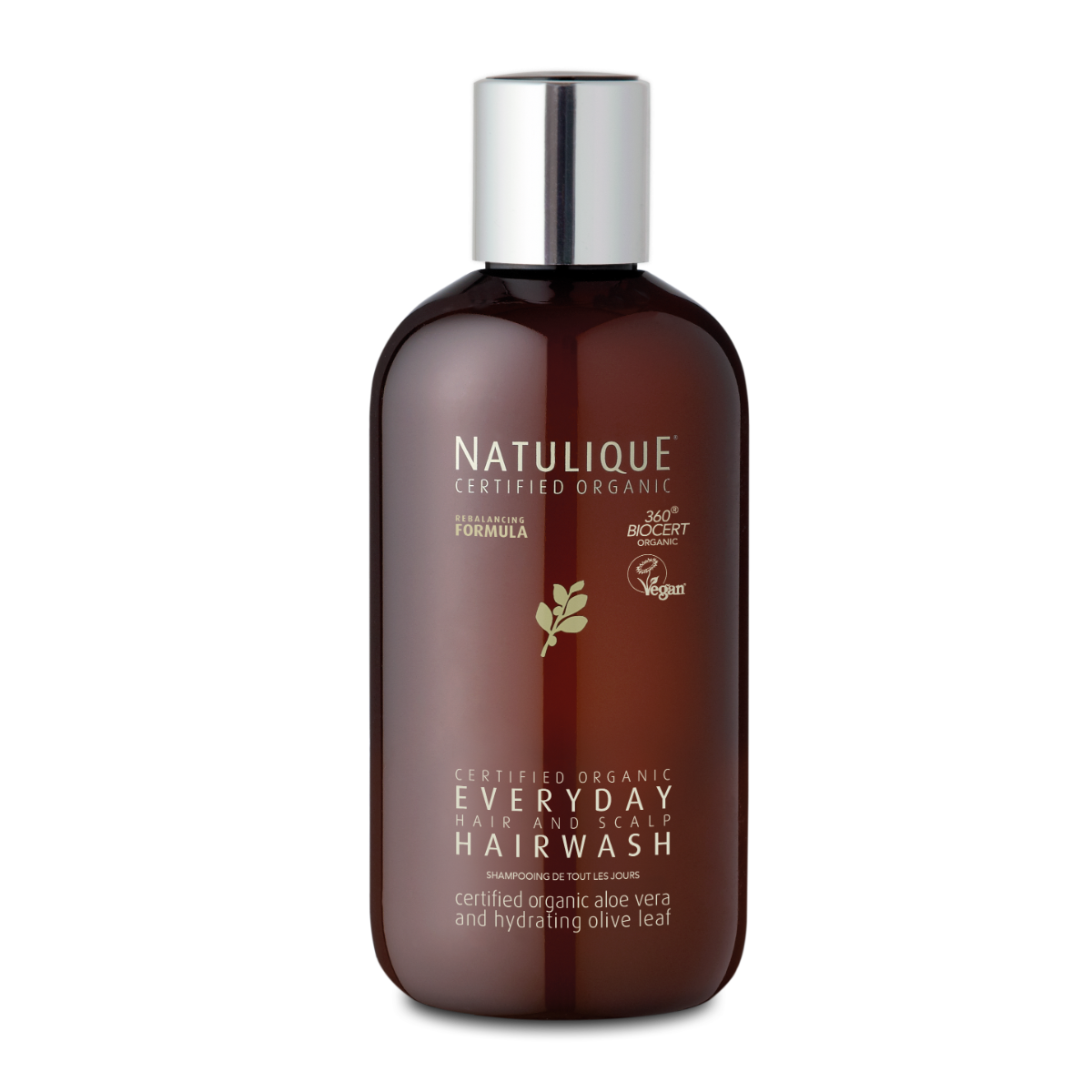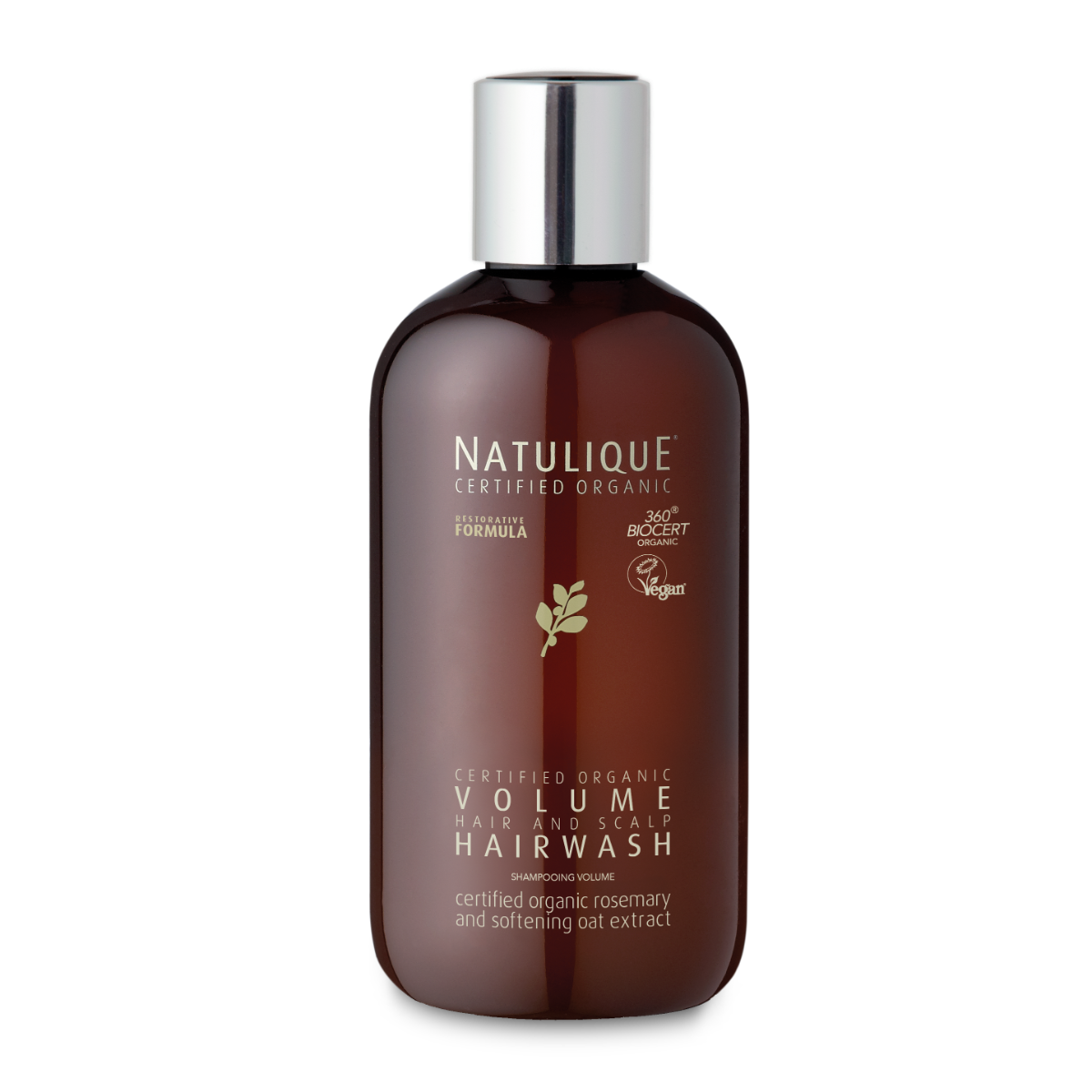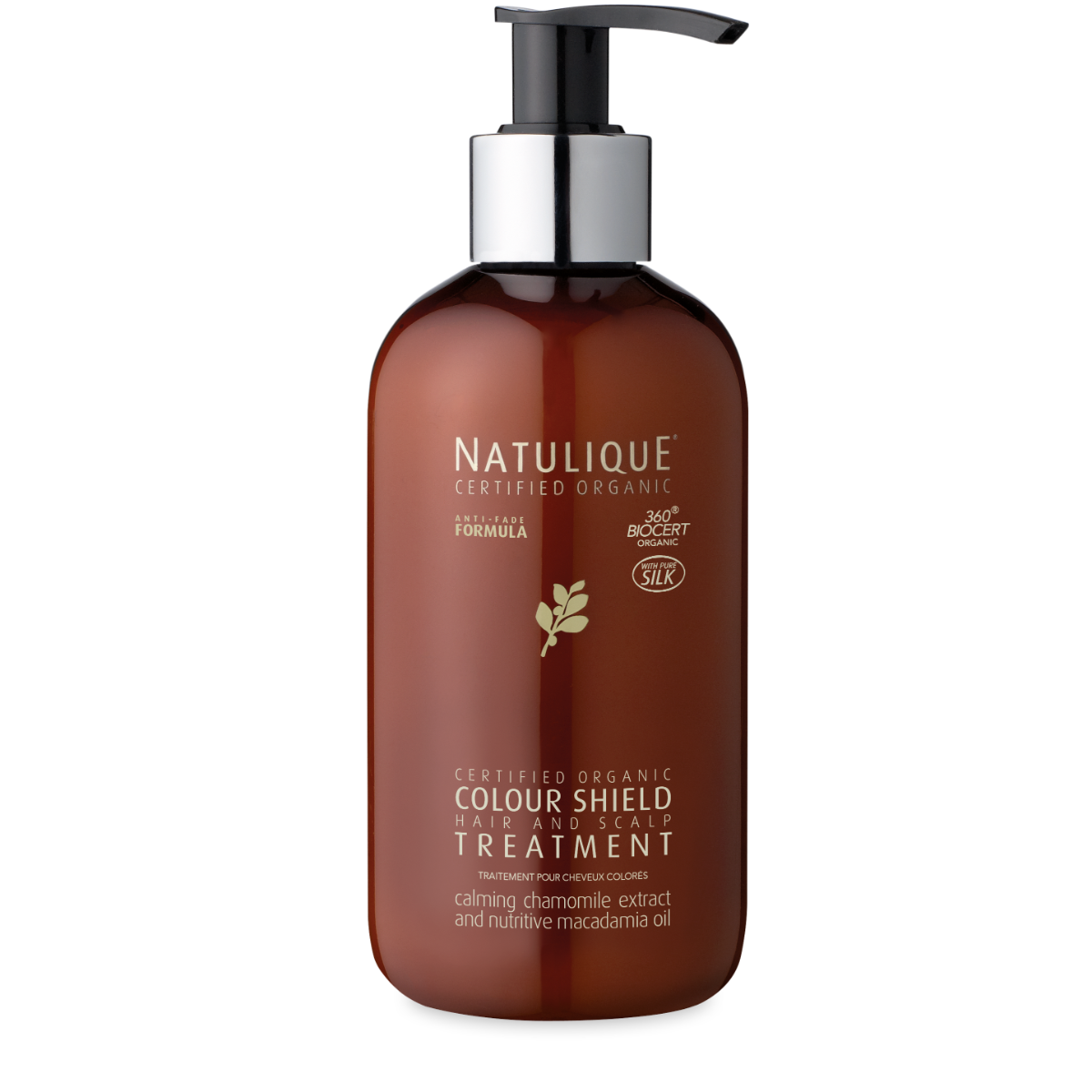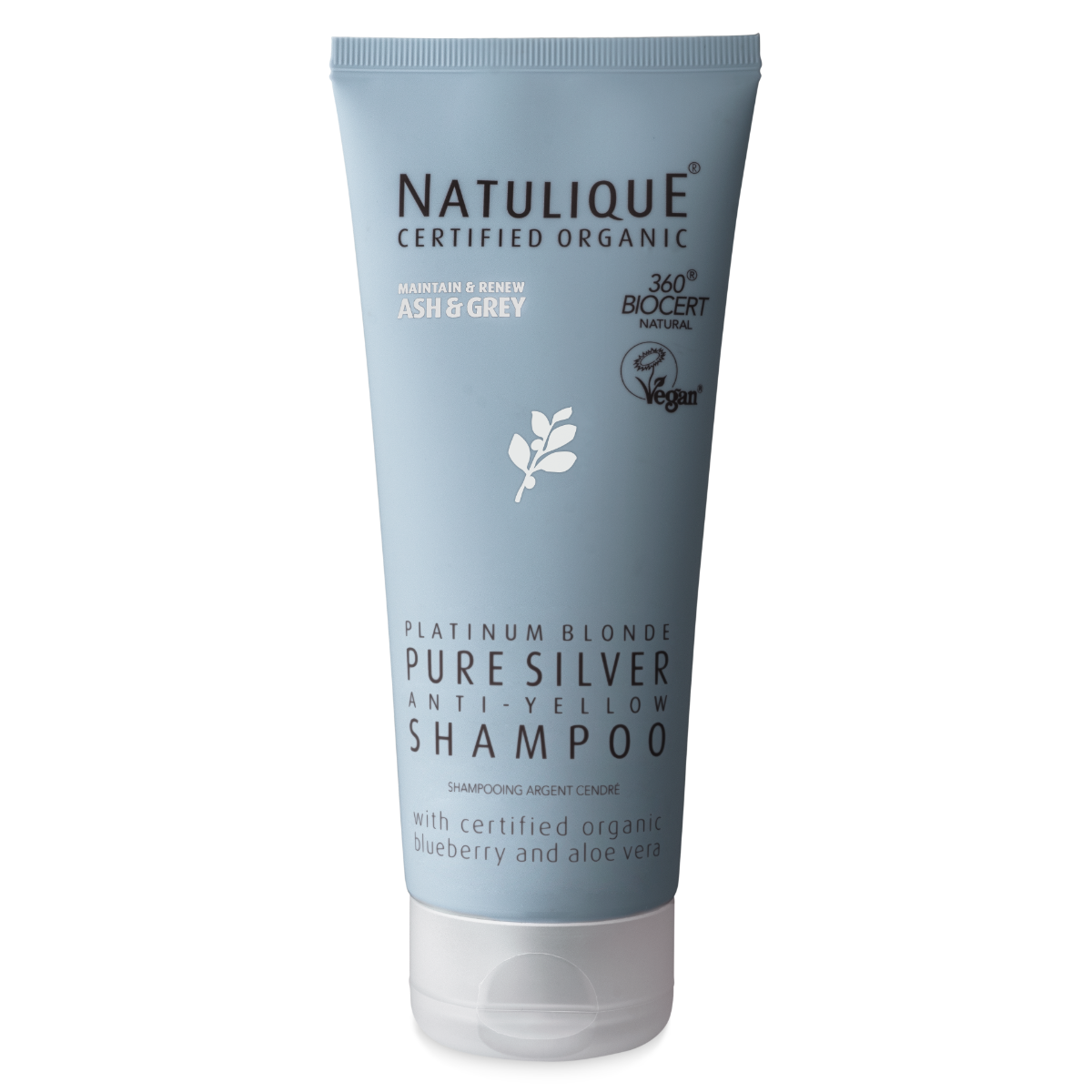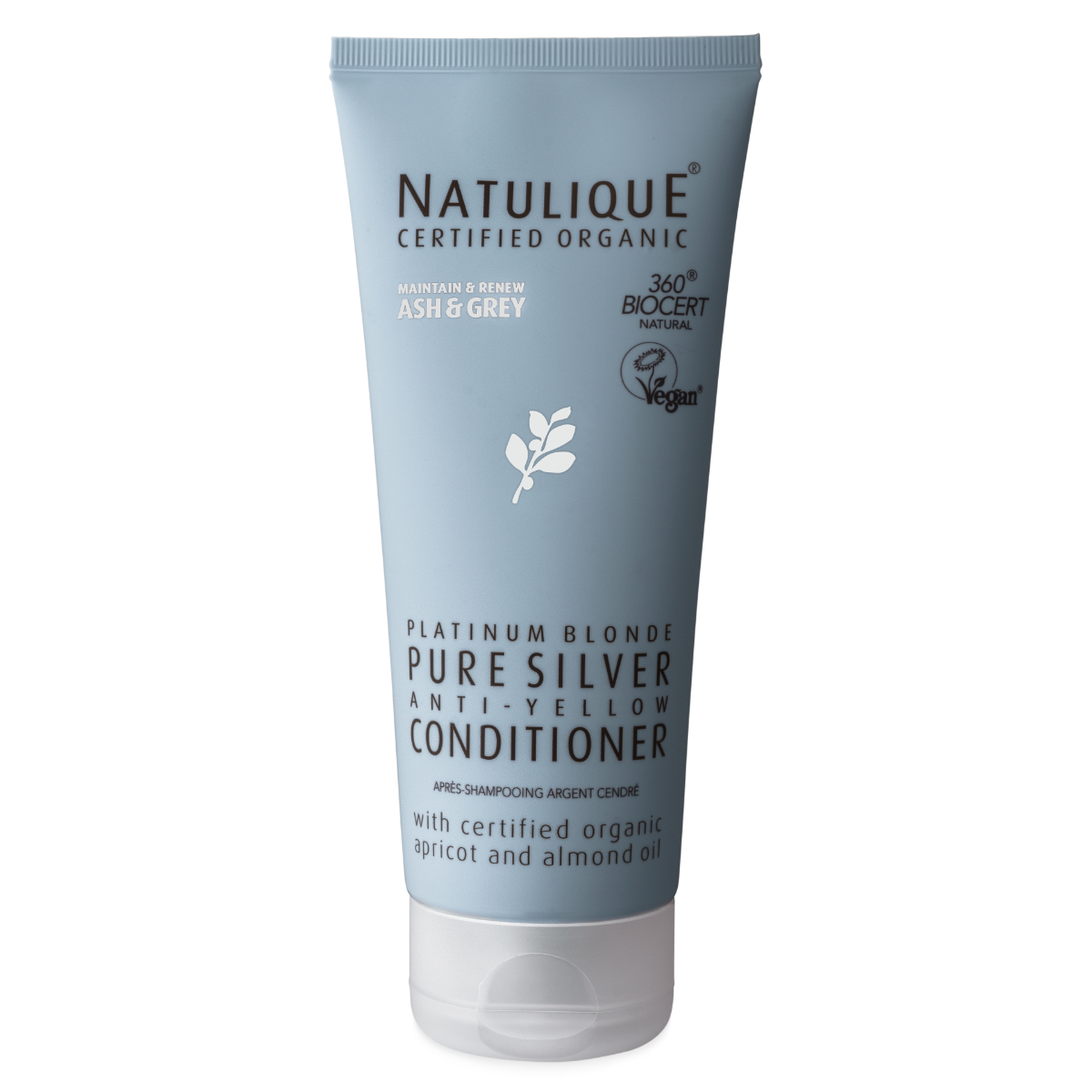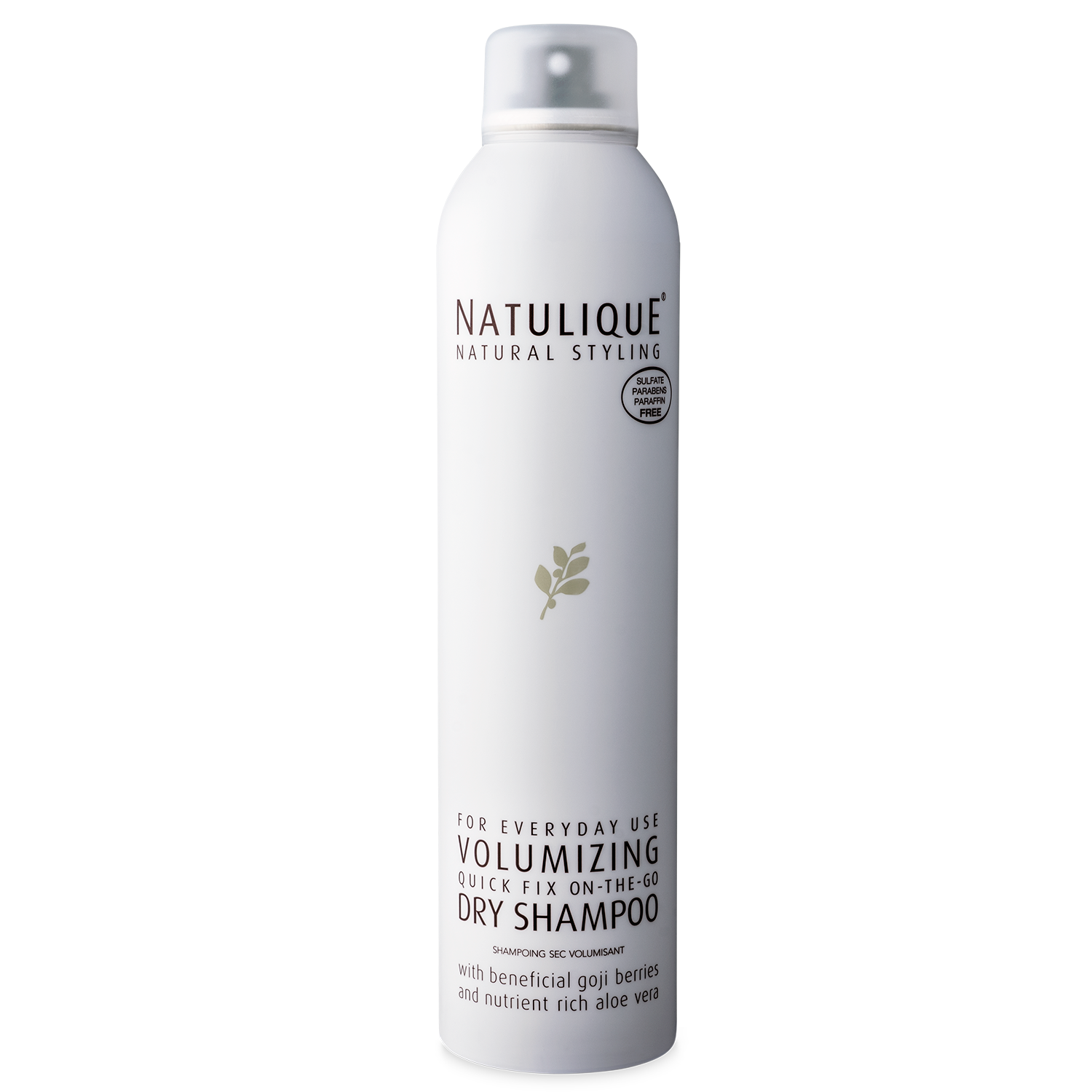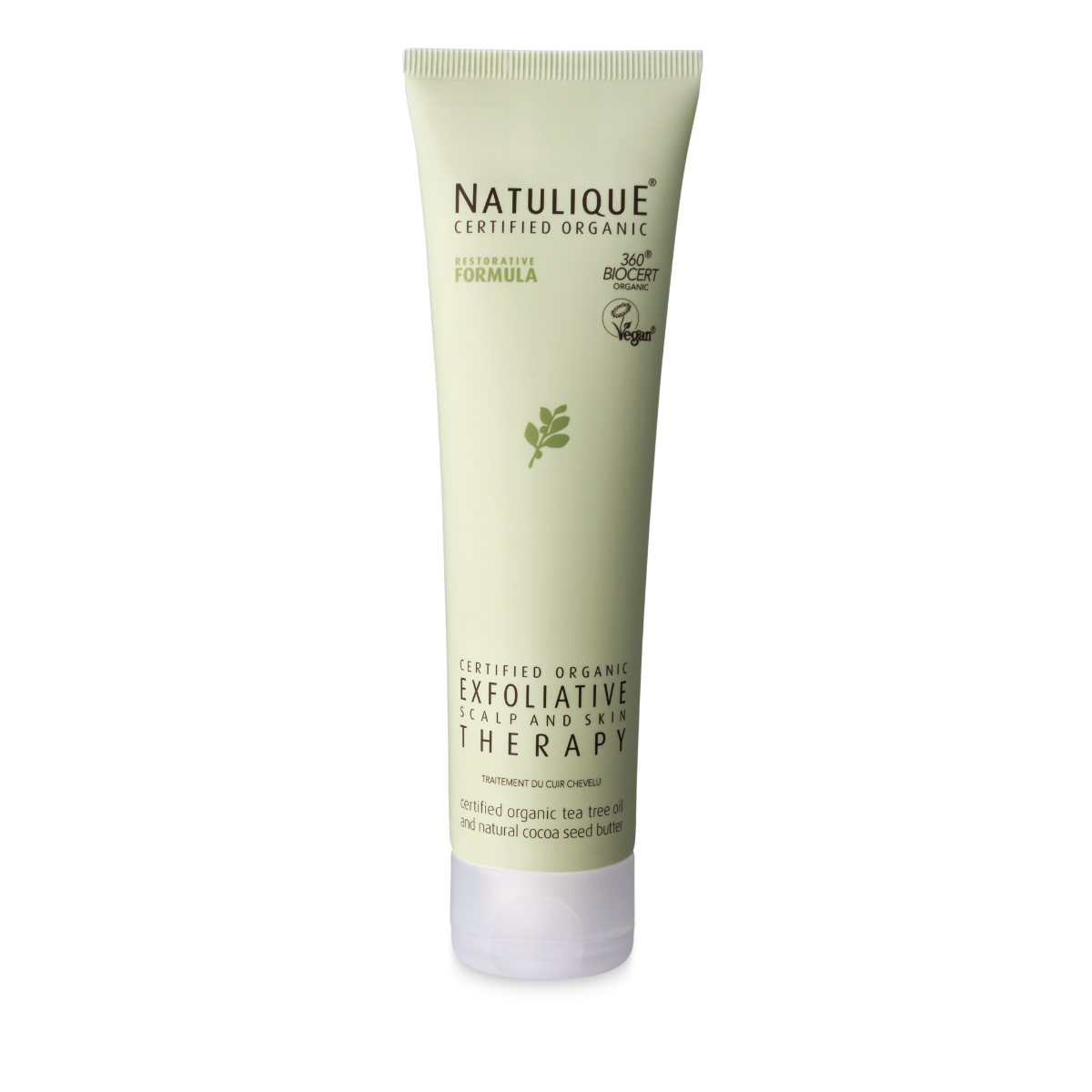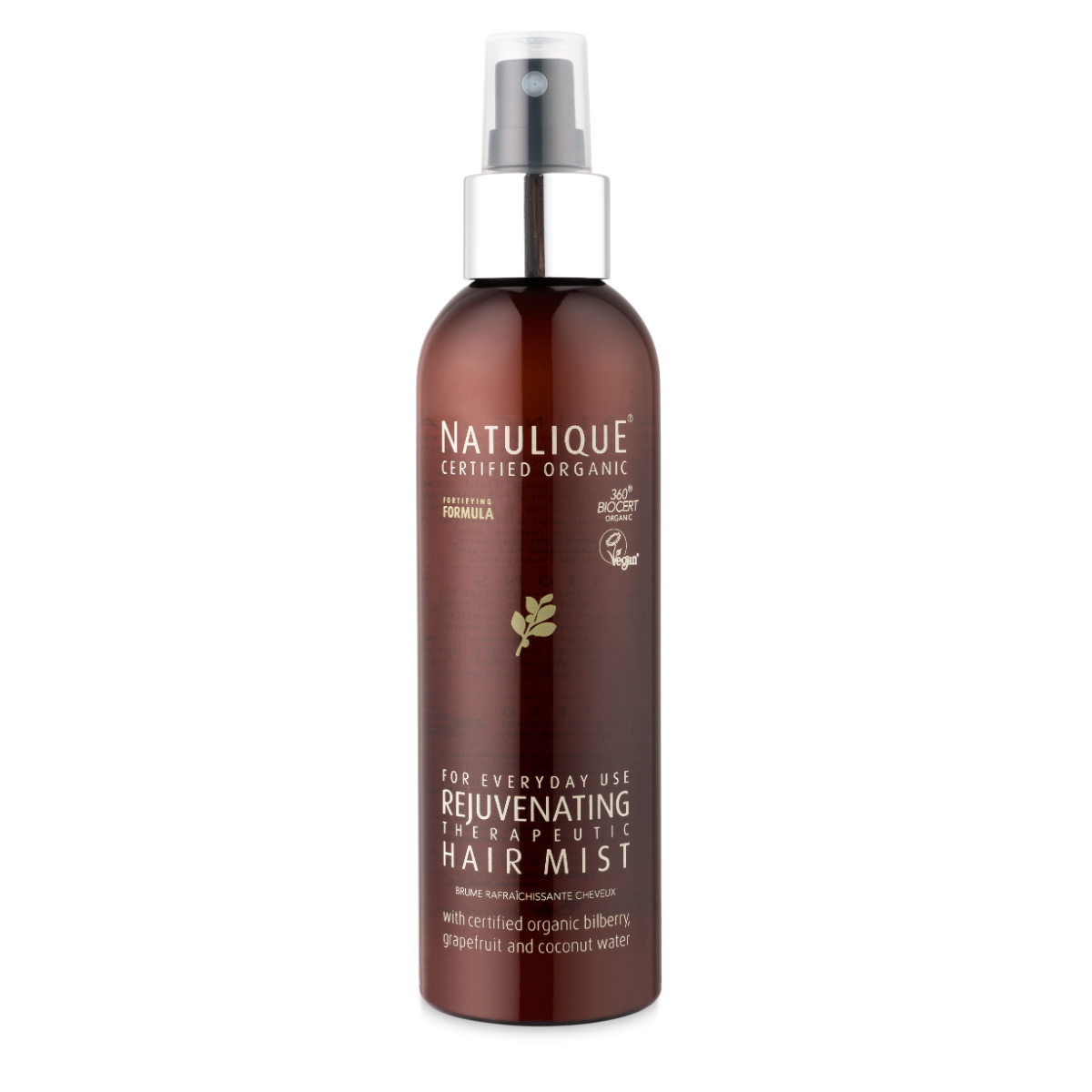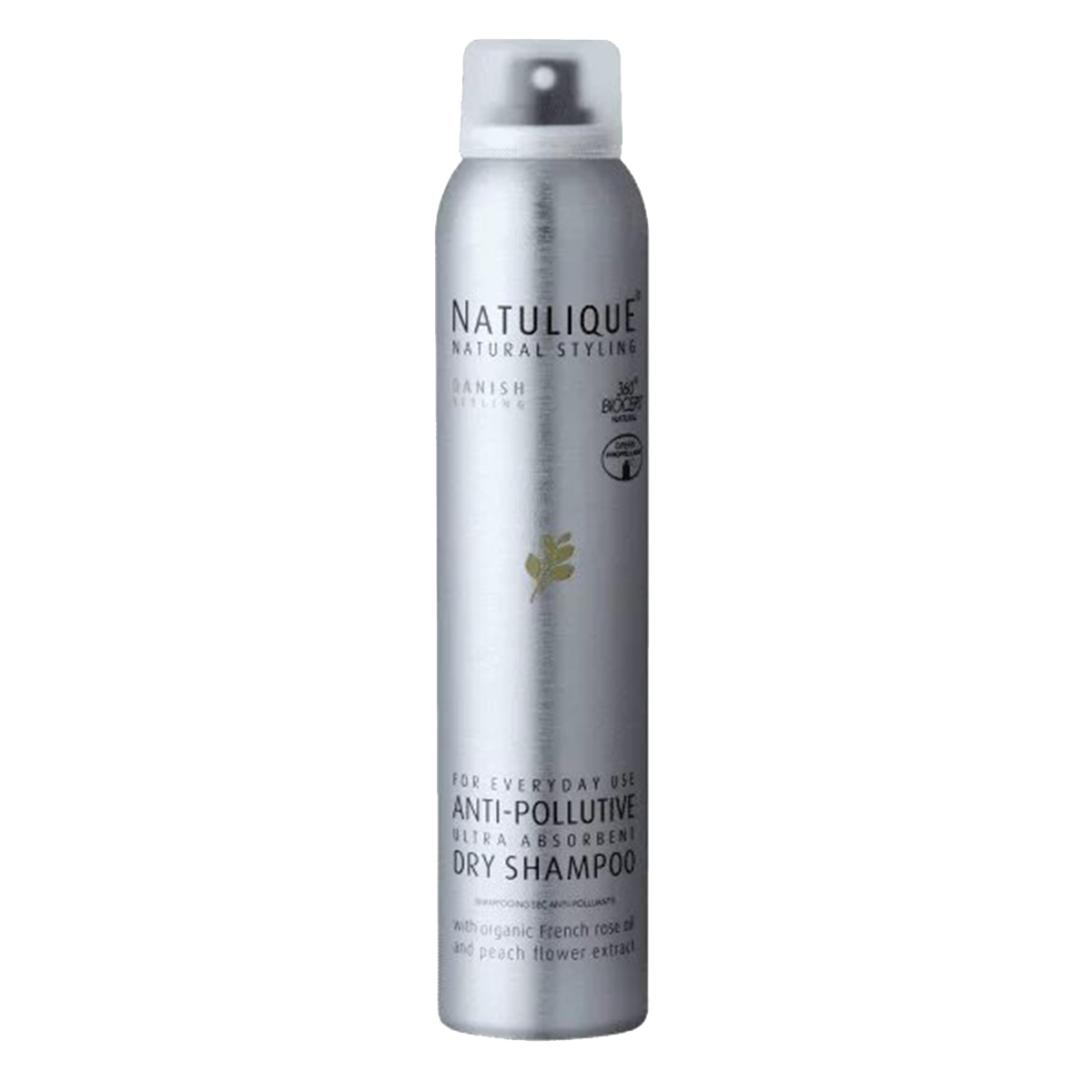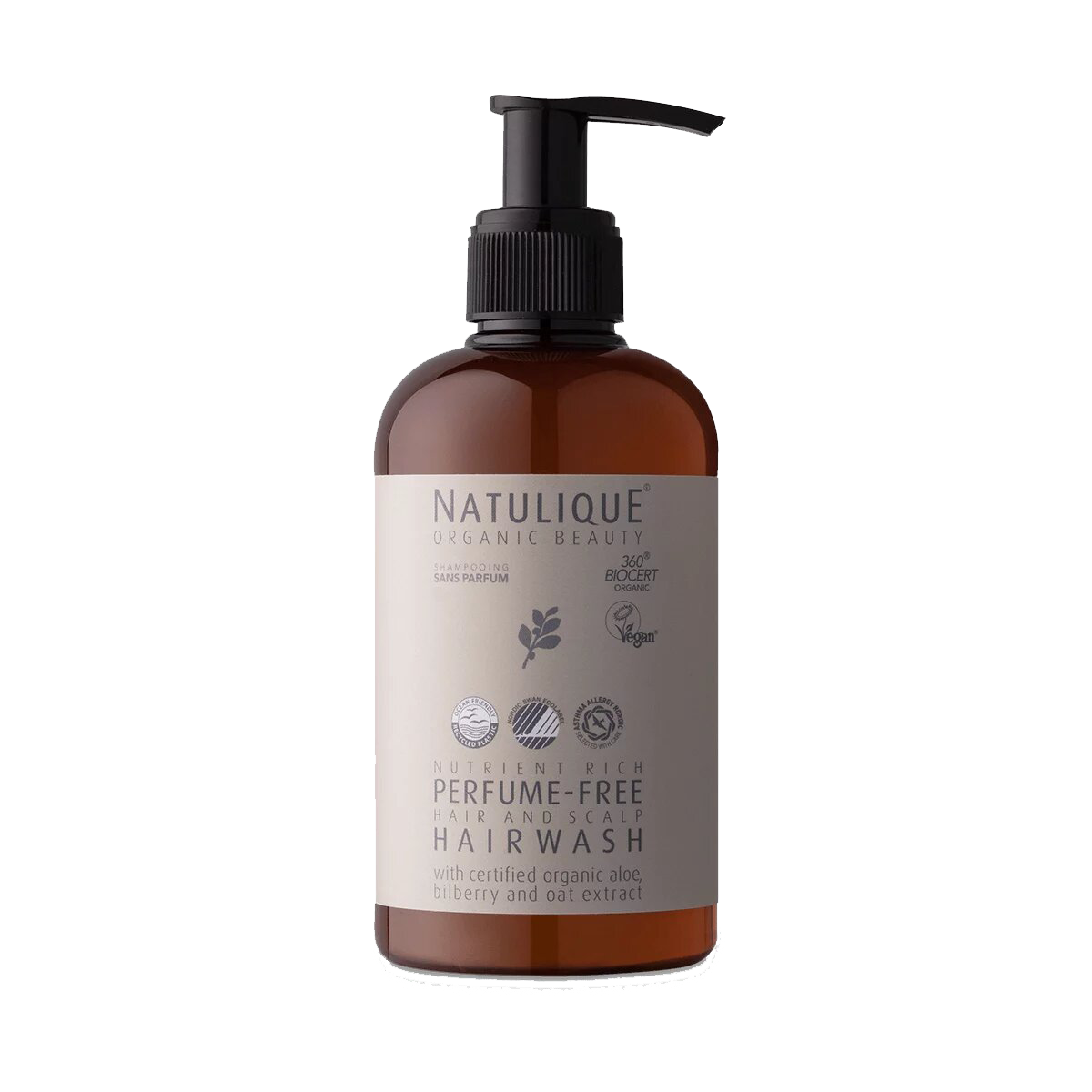
Does wax cause dandruff?
Introduction to wax and dandruff
Wax is a popular product for styling hair, offering hold and shine. However, for some, it can also be linked to the appearance of dandruff. What are the possible reasons for this phenomenon, and how can you use wax without suffering these inconveniences? This article looks at the relationship between hair wax and dandruff, to help you understand how to avoid these inconveniences while enjoying the benefits of this styling product.
Definition of hair wax
Hair wax is a substance applied to shape and set the hair style. Generally composed of natural or synthetic ingredients, it comes in a variety of formulas to meet different hair needs.
Different types of wax
- Beeswax : Natural and ideal for dry hair, it offers supple hold.
- Oil-based wax : More oily, it is often used for hairstyles requiring strong hold.
- Water-based wax : Easy to wash, it offers light to medium hold.
Dandruff explained
Dandruff is a flake of skin that falls off the scalp. Although generally not serious, dandruff can be annoying and sometimes difficult to treat.
Common causes of dandruff
- Dry skin : The main cause of dandruff, especially in winter.
- Seborrhea: This oily skin condition causes a build-up that can lead to dandruff.
- Allergy to hair care products: Reactions to styling products, including wax, can cause dandruff.
- Fungal infections : A fungus called Malassezia can cause dandruff.

Potential reasons for dandruff caused by wax
Harmful ingredients in some wax products
Some hair wax products contain ingredients that are not always well tolerated by the scalp. These ingredients can contribute to the appearance of dandruff in a number of ways, starting with irritation and dryness of the scalp.
- Alcohols : Although some alcohols are beneficial, short-chain alcohols such as denatured alcohol considerably dry out the scalp, making it more prone to dandruff.
- Sulfates : Often used for their foaming qualities, sulfates can irritate the scalp, causing dryness and flaking.
- Synthetic fragrances : Although they add a pleasant fragrance, they can also cause allergic reactions, making the scalp sensitive and prone to dandruff.
Effects of these ingredients on the scalp
When these ingredients are applied to the scalp, they can upset its natural balance. This can lead to irritation, excessive sebum production to compensate for dryness, or inflammation. These reactions can lead to the development of dandruff, which becomes visible when it breaks off in patches.
Allergic reactions to wax components
In addition to irritating ingredients, some people may develop specific allergic reactions to certain components present in hair waxes. These allergic reactions vary from person to person and can be a key factor in dandruff.
How to identify an allergic reaction
To determine if you are allergic to a hair wax product, look for the following signs:
- Itching : A persistent itching sensation after wax application may indicate an allergic reaction.
- Redness and rashes : The appearance of redness, patches or rashes on the scalp is a frequent sign of allergy.
- Irritation and swelling: If you experience irritation or swelling after using the wax, this may indicate an allergy.
It's essential to first test the wax on a small section of skin before full application, and to consult a dermatologist if you suspect an allergy.
In conclusion, hair wax, while effective for styling, can sometimes be the cause of dandruff. Harmful ingredients and the risk of allergic reactions call for meticulous product selection and careful attention to the warning signals emitted by the scalp.
See also: How do I use purple shampoo?
-
15.50CHF HT
-
16.10CHF HT
-
16.10CHF HT
-
- Select options This product has multiple variants. The options may be chosen on the product page
14.10CHF – 42.20CHF HT -
- Select options This product has multiple variants. The options may be chosen on the product page
12.30CHF – 42.20CHF HT -
- Select options This product has multiple variants. The options may be chosen on the product page
14.10CHF – 38.10CHF HT -
- Select options This product has multiple variants. The options may be chosen on the product page
12.30CHF – 42.20CHF HT -
- Select options This product has multiple variants. The options may be chosen on the product page
12.30CHF – 42.20CHF HT -
- Select options This product has multiple variants. The options may be chosen on the product page
14.10CHF – 42.20CHF HT -
- Select options This product has multiple variants. The options may be chosen on the product page
14.10CHF – 42.20CHF HT -
- Select options This product has multiple variants. The options may be chosen on the product page
14.10CHF – 42.20CHF HT -
16.40CHF HT
-
- Select options This product has multiple variants. The options may be chosen on the product page
16.40CHF – 29.90CHF HT -
15.00CHF HT
-
15.55CHF HT
-
15.35CHF HT
-
15.45CHF HT
-
15.50CHF HT
The proper use of wax to prevent dandruff
Choice of natural wax products
To minimize the risk of dandruff associated with waxing, it's essential to choose products based on natural ingredients. Choose waxes with ingredients that are less aggressive to the scalp. By opting for natural options, you can significantly reduce the risk of irritation and allergic reactions.
Advantages of natural wax products
- Fewer chemicals: Natural waxes generally contain fewer sulfates, harmful alcohols and synthetic fragrances, reducing the risk of irritation.
- Soothing ingredients: Elements such as coconut oil, aloe vera or shea butter have moisturizing and soothing properties for the scalp.
- Reducing the risk of allergies: Natural waxes are often free of components that can cause allergic reactions.
Tips for using wax correctly
The correct application of wax plays a crucial role in preventing dandruff. Following a good routine can help maintain the health of your scalp while benefiting from wax's styling properties.
Importance of thoroughly cleansing hair after waxing
- Regular washing : Be sure to clean your hair regularly to remove any wax residue that may accumulate on the scalp. Excessive build-up can lead to clogged pores and scalp irritation.
- Use mild shampoos: Choose gentle, sulfate-free shampoos specially formulated for sensitive scalps. This helps remove wax without drying the scalp.
- Careful rinsing: Rinse your hair thoroughly to ensure that all wax residues are removed. Rinsing incorrectly can leave residues which, combined with dirt and sebum, can encourage the development of dandruff.
The application of wax should be measured. Too much can not only make your hair greasy, but also weigh down your scalp, exacerbating problems of dryness and irritation. Opt for a balanced amount that provides the desired hold while avoiding scalp clogging.
Finally, before applying the wax, make sure your hair is clean and dry. This can prevent negative interaction between the wax and impurities already present on the scalp. Adapting your hair routine to your hair type and scalp sensitivities is crucial to reap the full benefits of waxing without the associated drawbacks like dandruff.

Treatment and prevention of dandruff caused by waxing
Effective products against dandruff
The use of hair wax can lead to the appearance of dandruff, but several products can help treat and prevent this condition. It's important to choose products specially formulated to target dandruff without causing further imbalance to the scalp.
Special features of these products
- Anti-dandruff shampoos : Look for shampoos containing active ingredients such as zinc pyrithione, ketoconazole or selenium sulfide to combat dandruff.
- Essential oils : Tea tree oil and peppermint oil have antifungal and soothing properties that can be used to treat dandruff.
- Hair masks : Use masks enriched with nourishing and soothing ingredients like clay or aloe to calm scalp irritations.
Best practices for scalp health
Taking a proactive approach to hair and scalp care is essential to prevent dandruff associated with waxing.
- Balanced hair routine : Alternate waxing with other, less aggressive styling products to avoid excessive product build-up on the scalp.
- Adequate hydration : Make sure your scalp stays well hydrated. Using conditioning and moisturizing products can help maintain scalp balance.
- Fair trade: Choose eco-friendly and fair-trade waxes, which often use natural ingredients, reducing exposure to potentially irritating components.
FAQ
Is wax still harmful to the scalp?
No, wax is not always harmful. Effects depend on wax ingredients and individual scalp sensitivity. Choosing natural waxes and performing sensitivity tests can prevent adverse effects.
Should everyone with dandruff avoid waxing?
Not necessarily. Those who suffer from dandruff can continue to use wax, choosing products adapted to their specific needs and maintaining a careful hair routine.
How can I tell if my dandruff is caused by wax?
If you notice an increase in dandruff after using a particular product, it may be the cause. Taking a break from using the product may confirm the source of the dandruff.
Are there any home treatments for wax dandruff?
Yes, some options include diluted apple cider vinegar rinses and coconut oil massages as gentle, soothing scalp remedies.
Does natural wax guarantee dandruff-free hair?
Although natural wax reduces the risk of dandruff, it cannot guarantee a total absence of dandruff. Other factors, such as individual reactions or dermatological problems, can affect the condition of the scalp.


